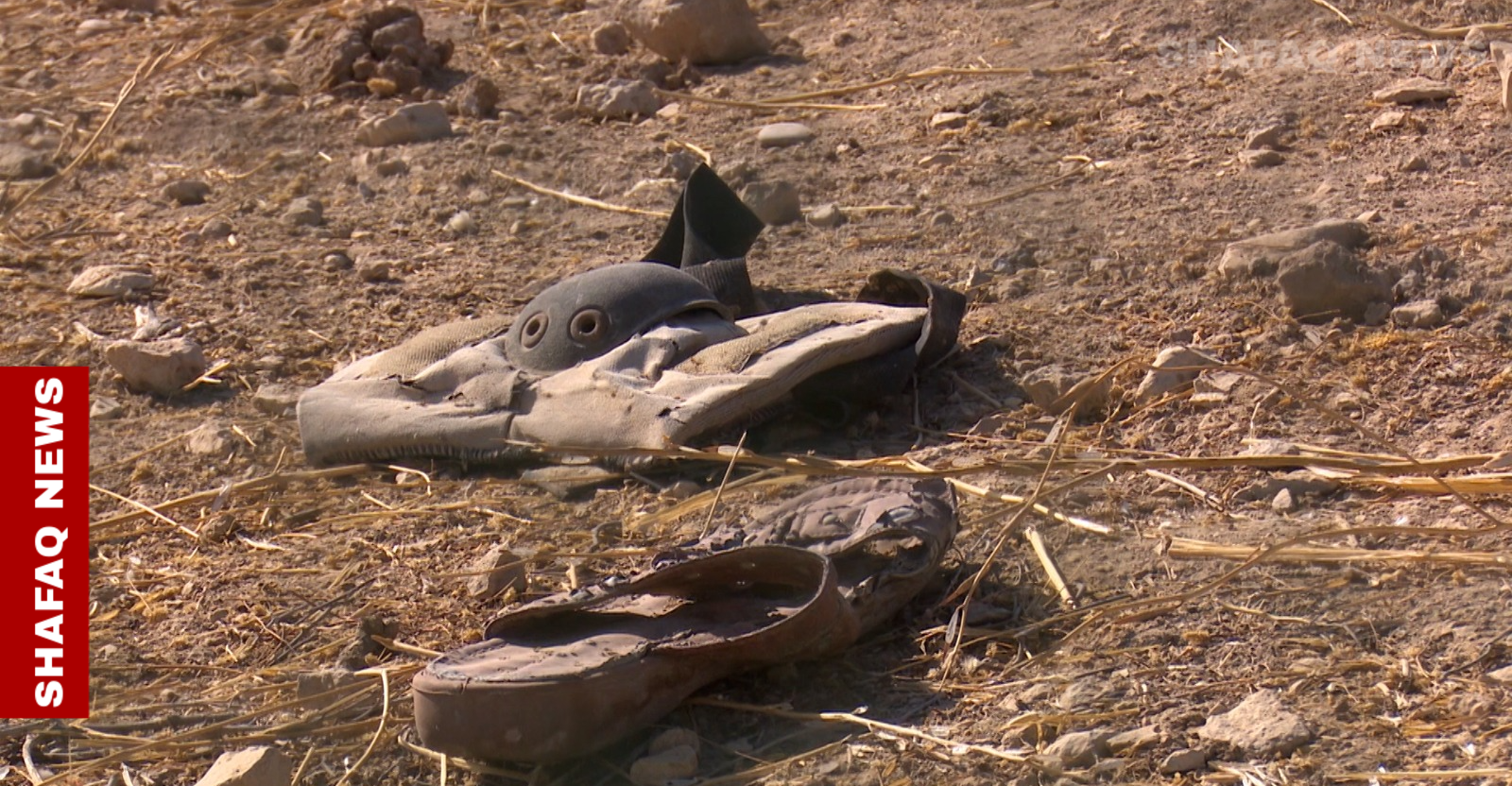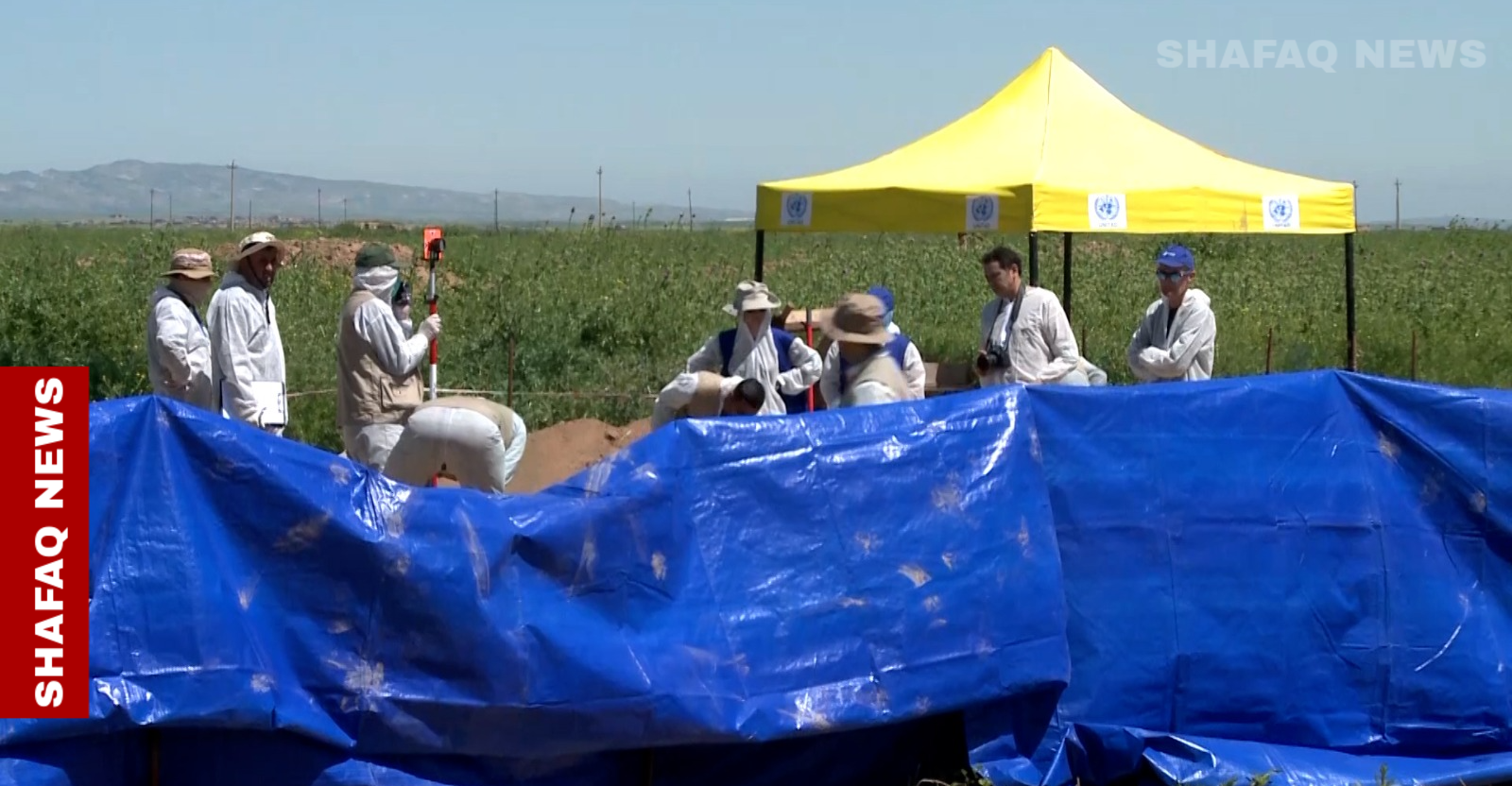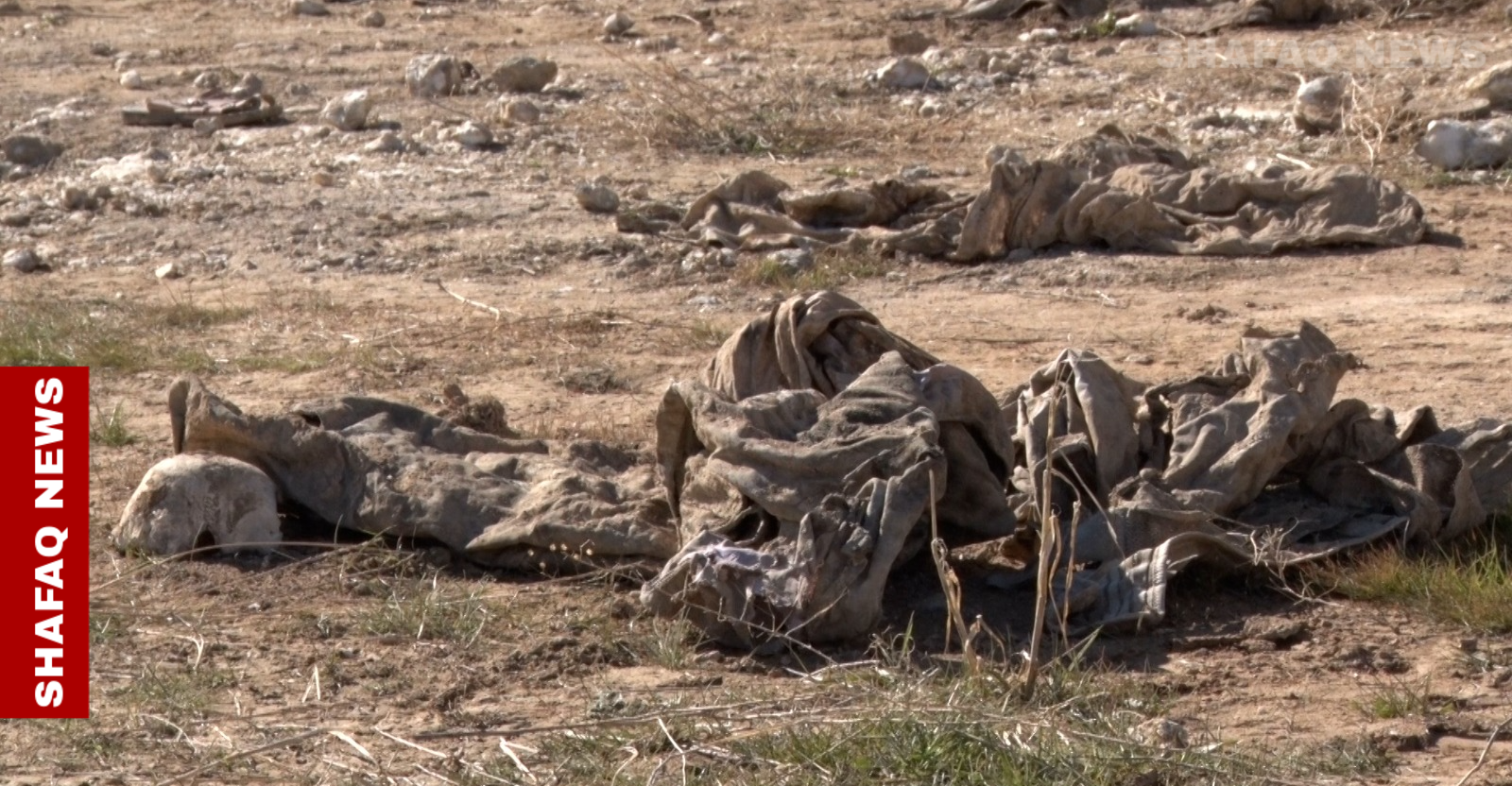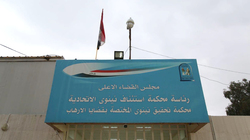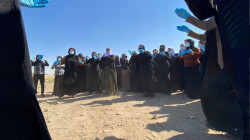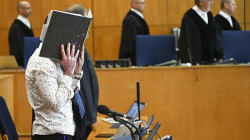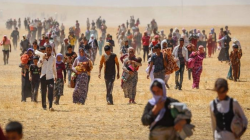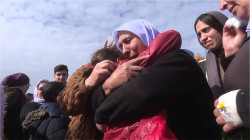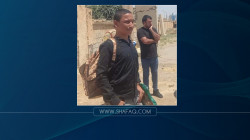UNITAD’s exit: A “major void” in justice for ISIS victims
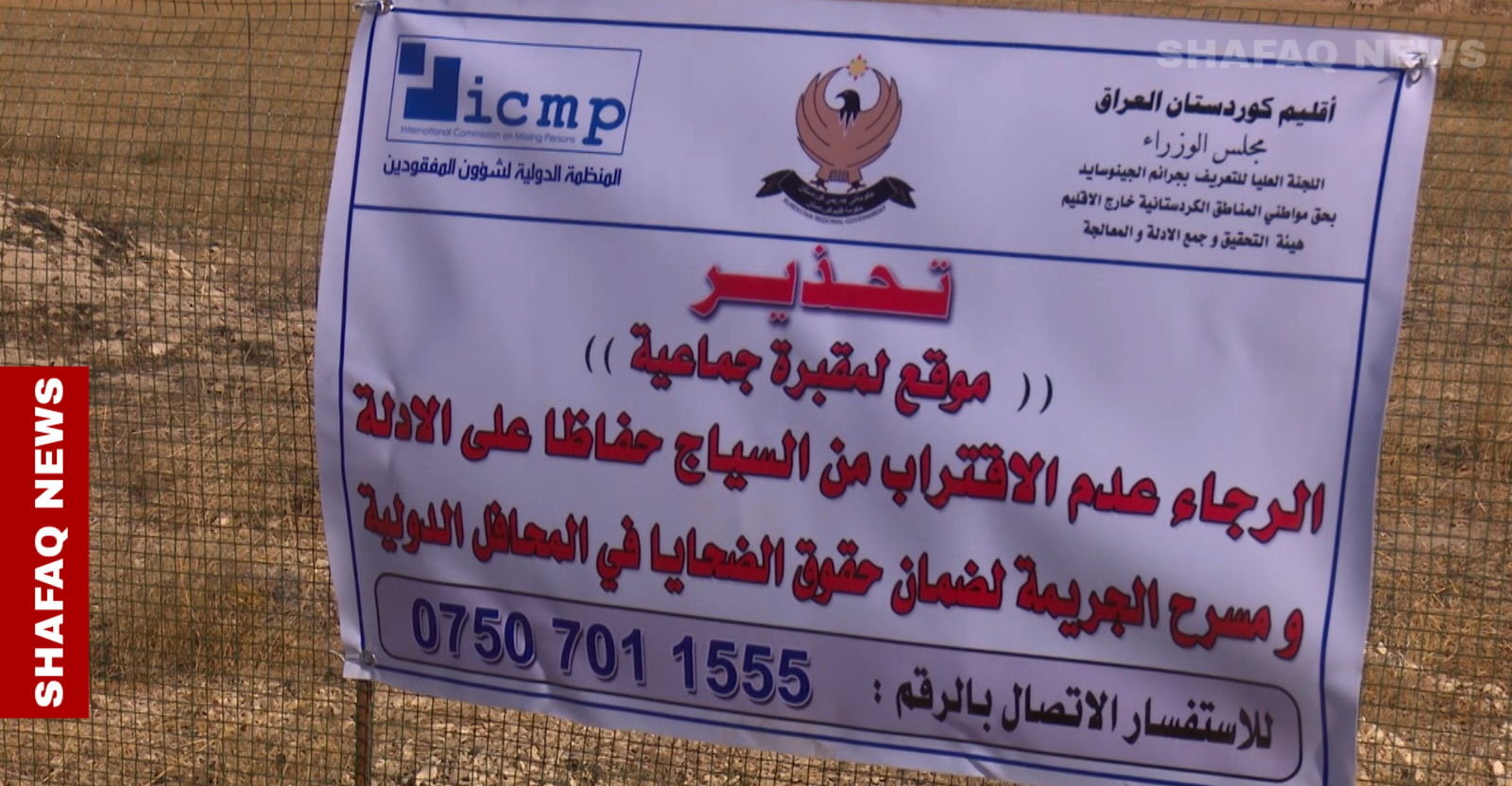
Shafaq News/ The conclusion of the United Nations UNITAD mission, which investigated ISIS atrocities, has left a ‘’significant gap’’ in efforts to hold perpetrators of genocide accountable, according to the Duhok based Evidence and Investigation Authority.
The United Nations Investigative Team to Promote Accountability for Crimes Committed by Da’esh/ISIS (UNITAD) was established in 2017 to collect evidence of ISIS’s war crimes, genocide, and crimes against humanity in Iraq. Over the years, UNITAD made significant strides in uncovering mass graves, gathering witness testimonies, and compiling evidence to support prosecutions under international law.
Nechirvan Suleiman, a legal expert with the authority, described the impact in an interview with Shafaq News, saying, “The conclusion of UNITAD’s mission, has left a major void in international efforts to address the genocide committed by the terrorist organization in Iraq and Syria.”
Without UNITAD’s support, local institutions reportedly face mounting challenges in pursuing justice for crimes that fall under international jurisdiction, including genocide, crimes against humanity, and war crimes. Suleiman explained that Iraq's domestic laws do not comprehensively address such offenses, saying, “The absence of international coordination leaves local institutions struggling to prosecute perpetrators according to global standards.”
"The void left by UNITAD has also hindered the excavation and investigation of mass graves, particularly in areas like Sinjar and the Nineveh Plain,” he added, referencing ISIS’s atrocities, especially against the Yazidi community. In 2014, ISIS waged a brutal campaign of violence against the Yazidis, killing thousands of men, enslaving women and children, and displacing entire communities. According to the authority, 129 mass and individual graves have been discovered in the region, including 91 mass graves and 38 individual ones.
“Of these, 80 graves have been opened in coordination with UNITAD and relevant agencies in Baghdad,” Suleiman said. “This work led to DNA testing, enabling the return of some remains to families. However, 39 graves remain unopened, requiring further efforts to bring closure to affected families.”
Suleiman stressed the need for continued international and local collaboration to ensure justice for victims and to complete the painstaking task of excavating and documenting these mass graves.
Deep frustration
For hundreds of Yazidi families, the delays prolong an agonizing wait for answers. Many still hope to identify the remains of loved ones lost during ISIS’s 2014 invasion of Sinjar.
Khidr Qasim, who lost three family members during the invasion, shared his ongoing pain. “Every time we hear about the opening of a new grave, we hope to finally identify our loved ones. But the slow progress only deepens our frustration,” he told Shafaq News.
Hanaa Samo, who lost her parents and two siblings, echoed the sentiment. “It has been over ten years, and we’ve been pleading with authorities to expedite the excavation and identification processes. It feels like no one hears us. All we want is to uncover the truth and find peace,” she said
